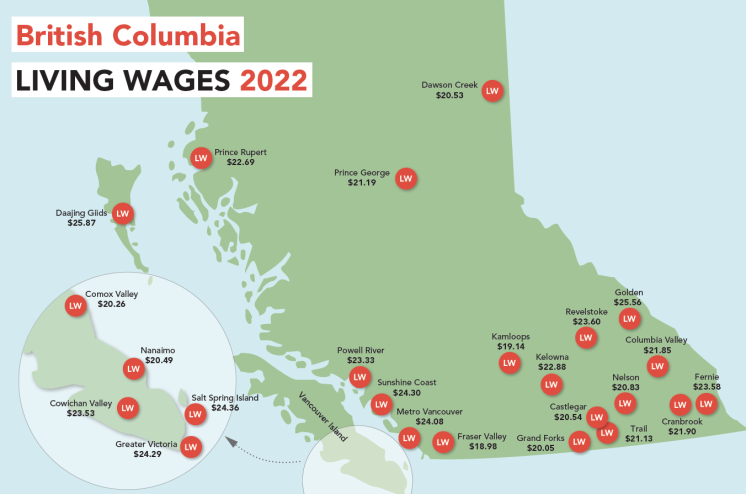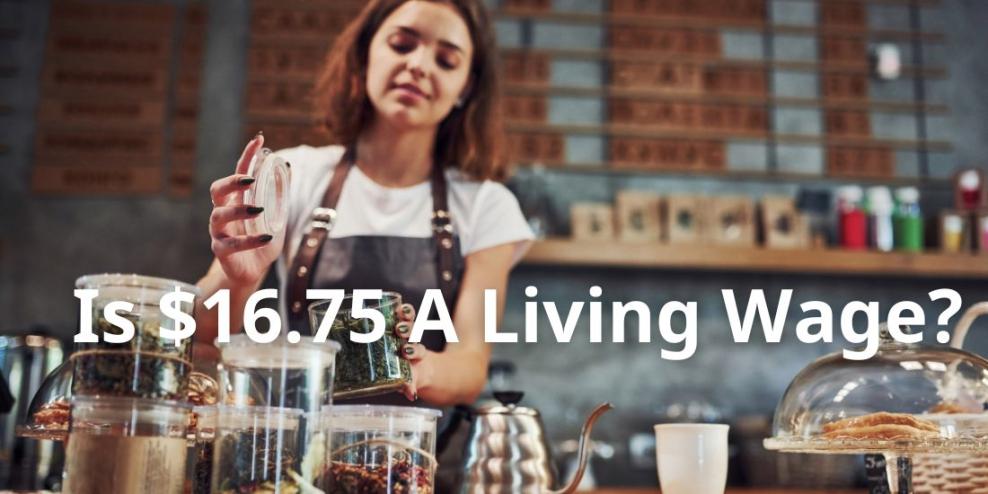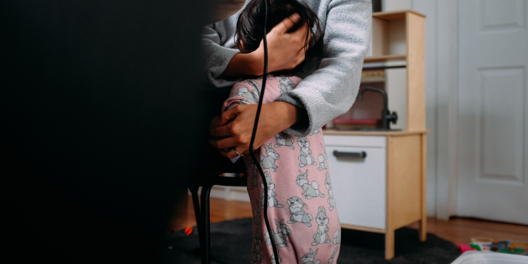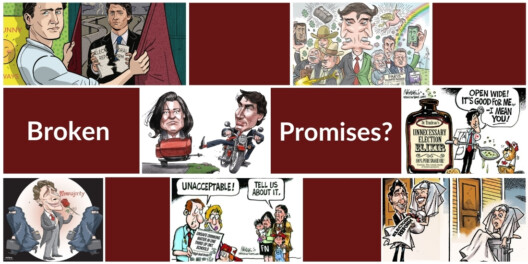David Eby’s government has raised BC’s minimum wage to $16.75/hour, up $1.10.
The increase came into effect on June 1st. The hourly wage hike reflects the 6.9 percent rate of inflation in the province in 2022.
“Having a minimum wage that keeps up with inflation is a key step to prevent the lowest paid workers from falling behind. […] These workers and their families feel the impacts of high costs much more than anyone else. We are maintaining our policy of tying the minimum wage to inflation,” said BC Minister of Labour Harry Bains in a media statement.
The buck 10 raise is small, but important. An estimated 150,000 BC workers earn less than $16.75/hour.
BC has the 3rd highest cost of living among Canadian provinces, behind Alberta and Ontario. Vancouver and Victoria are two of the top three most expensive Canadian cities, along with Toronto.
Under the NDP, BC has gone from having one of the lowest minimum wages in the country to having the highest outside of Yukon. It’s gone up more than $4 in the past six years.
The BC Federation of Labour calls the increase good news for workers. However, federation president Suzanne Skidmore said it doesn’t match the “living wage” in parts of the province, like Vancouver.
Research from the Canadian Centre for Policy Alternatives found $24.08/hour is what it takes to pay the bills in Vancouver. In Courtenay, it’s not much less at $20.26.

Not surprisingly, business leaders don’t like the latest hike.
Ian Tostenson, president and CEO of the BC Restaurant and Foodservice Association, said a 3 percent increase would have been better.
He told Global News that the minimum wage should be calculated differently for tipped workers in the hospitality sector.
Other business leaders fear that increased wage costs could put some businesses over the edge or force them to move to places where the cost of doing business is lower.
Suzanne Skidmore of the BC Federation of Labour doesn’t buy it.
“The reality is if your business model is built on the backs of keeping people in poverty, maybe that’s not the best model to be working on. There’s got to be a way,” she said in a Global News interview.







